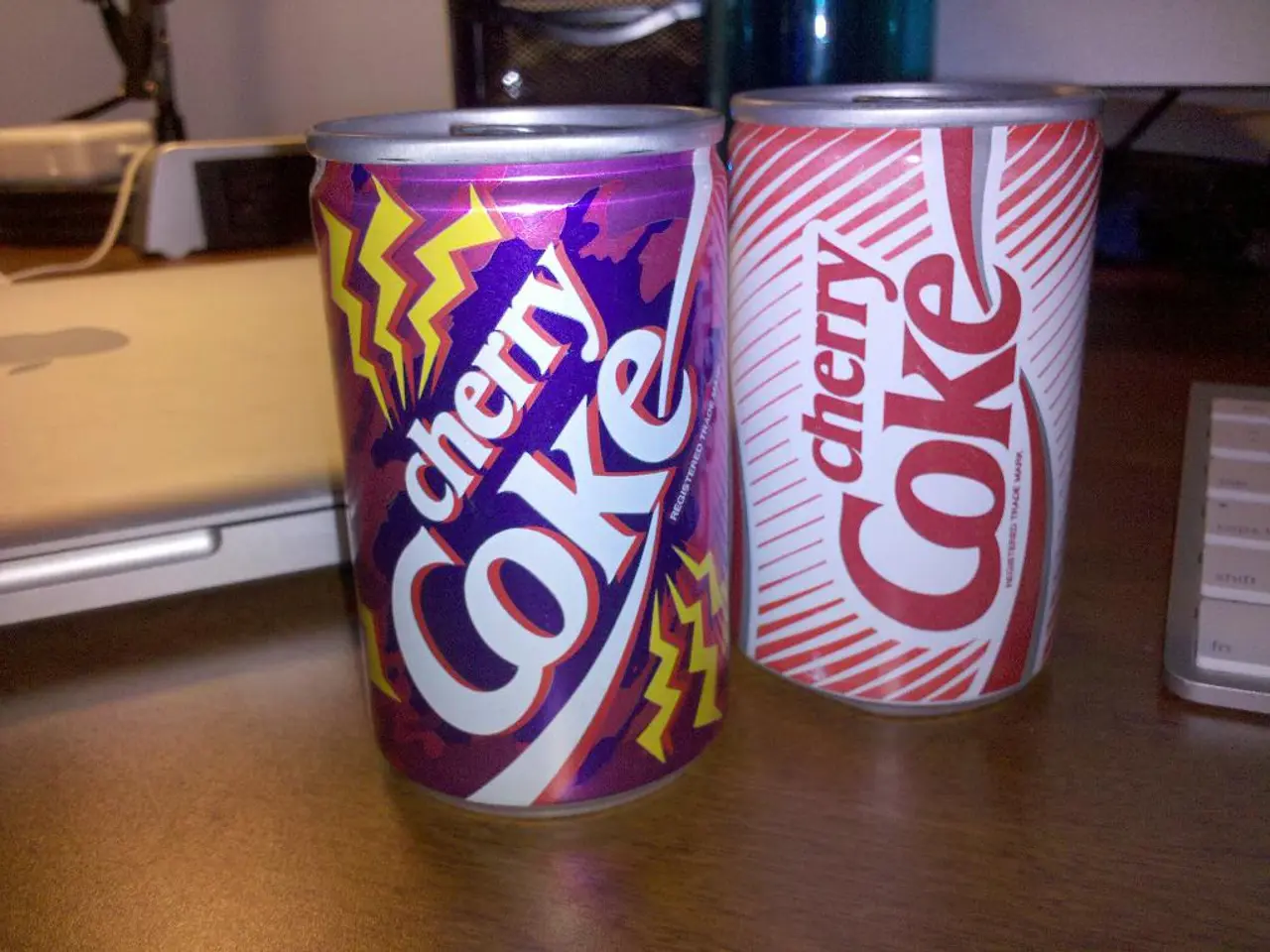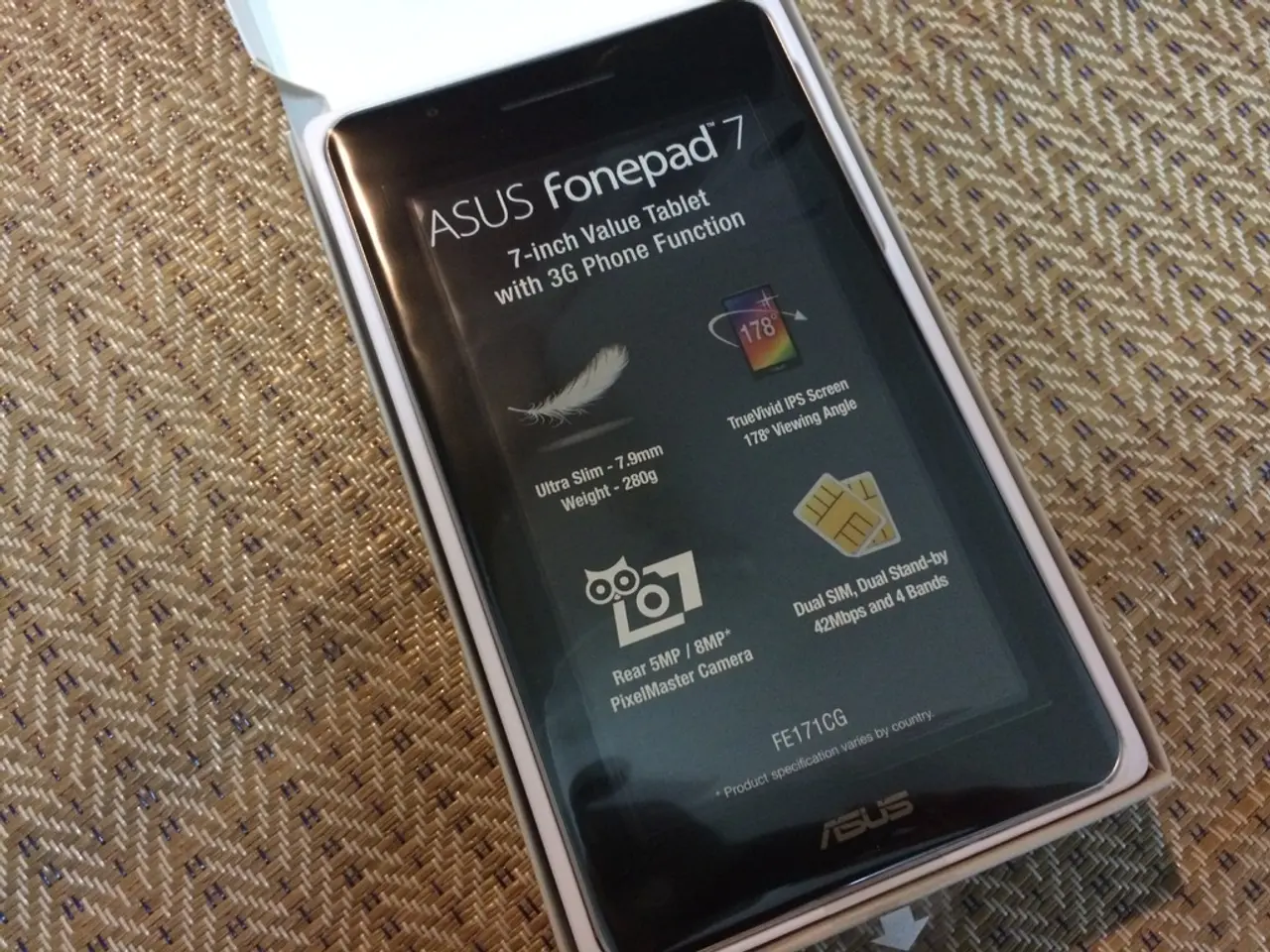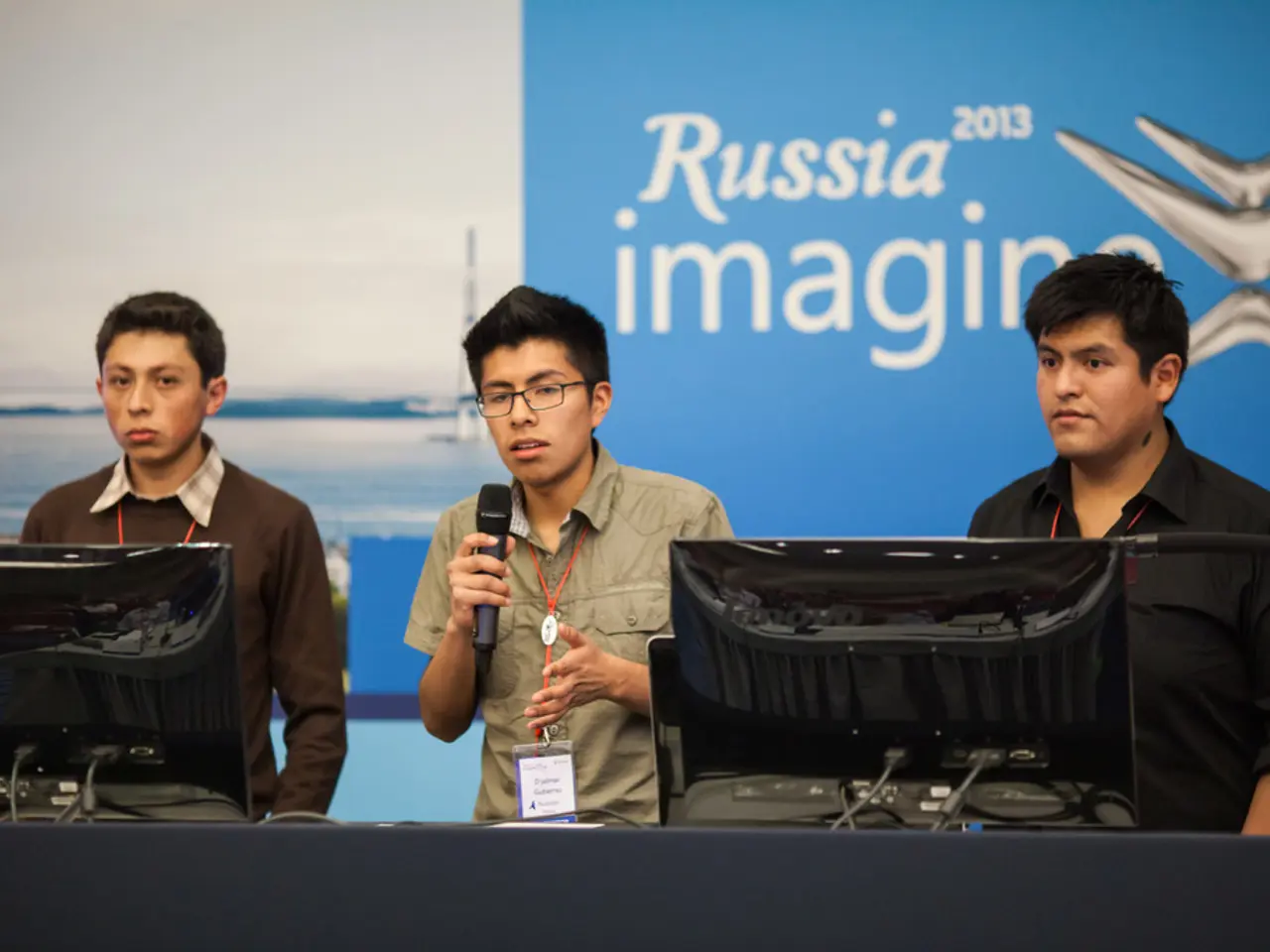Lenovo Speaks Out on Trump's Tariffs in Unexpected Manner
In the tech industry, the proposed tariffs announced by President Donald Trump for 2025 have raised concerns about increased costs, supply chain disruptions, and potential price hikes for consumers. Key tech companies such as Lenovo, Acer, TSMC, and Apple could be significantly affected by these tariffs.
The Trump administration has announced country-specific tariffs, with rates of 25% on imports from Japan, South Korea, and Malaysia, and threatened 30% tariffs on the European Union starting August 1, 2025. Companies like Lenovo and Acer, which manufacture PCs and components in Asia, might face supply chain cost increases, while TSMC—Taiwan's semiconductor giant—and Apple, with complex global supply chains including facilities in Asia, could face heightened expenses from these tariffs on chips and electronic parts.
Of particular concern is the 25% and higher tariffs specifically on semiconductors and computer chips, announced by President Trump in early 2025. These tariffs directly impact companies like TSMC, a leading chip foundry, and Apple, which heavily relies on semiconductor components. The tariffs contribute to a broader increase in manufacturing costs, driving up prices for tech products in the U.S., with an average cost burden estimated at an increase of nearly $1300 per U.S. household attributable to tariffs in 2025.
In response, Apple and Nvidia have pledged new investments in U.S. manufacturing to mitigate the impact of tariffs as part of reshoring efforts encouraged by the "America First" policy. However, these transitions may involve significant capital expenditure and realignment of supply chains.
Legal challenges to the tariffs have created uncertainty, as some tariffs were struck down by courts, though stays on those rulings keep the tariffs temporarily in force. This ongoing uncertainty complicates strategic planning for companies.
Lenovo, which mainly produces hardware components in Asian countries subject to these tariffs, could see its costs rise sharply. TSMC faces direct impact from semiconductor tariffs and could increase prices for customers like Apple, which also faces tariffs on finished goods imported from affected countries.
Despite these challenges, Lenovo's CEO, Yuanqing Yang, views the tariffs as an opportunity rather than a threat for the company. Lenovo reported a 20% increase in revenue for Q3 2025, with AI servers being a major contributor. The company's global manufacturing footprint, including facilities in several countries, makes it more resilient and flexible.
Acer, on the other hand, has announced plans for a 10% price increase on its laptops and Chromebooks in March due to tariffs, as 80% of these products are manufactured in China and Taiwan. The company is looking to move its production out of these countries to avoid tariffs.
The proposed tariffs could also extend to other sectors, such as cars and pharmaceuticals, starting in April. Trump suggested that the tariffs on processors could increase further later in the year, with a potential start date of April 2, but specifics are vague.
As the situation evolves, it is clear that the proposed tariffs could have a substantial financial impact on the tech industry, leading to increased costs, supply chain disruptions, and ultimately, higher prices and squeezed margins for tech companies such as Lenovo, Acer, TSMC, and Apple. The ongoing uncertainty about tariff enforcement and ongoing trade tensions add complexity to their financial outlook.
- The proposed tariffs could potentially impact the performance of tech products, as they could increase costs for key tech companies like Lenovo, Acer, TSMC, and Apple.
- The tariffs on semiconductors and computer chips announced by President Trump could directly affect companies like TSMC, a leading chip foundry, and Apple, which heavily relies on semiconductor components.
- The tariffs could also affect the prices of tech products, with an average cost burden estimated at an increase of nearly $1300 per U.S. household in 2025.
- To mitigate the impact of tariffs, companies like Apple and Nvidia have pledged new investments in U.S. manufacturing, as part of reshoring efforts encouraged by the "America First" policy.
- Lenovo has reported a 20% increase in revenue for Q3 2025, with AI servers being a major contributor, showing that the company could adapt to changes brought about by tariffs.
- Acer, which manufactures 80% of its laptops and Chromebooks in China and Taiwan where tariffs are imposed, has announced a 10% price increase in March.
- The tariffs could potentially extend to other sectors like cars and pharmaceuticals, and Trump suggested that the tariffs on processors could increase further later in the year, adding complexity to the financial outlook of tech companies.



